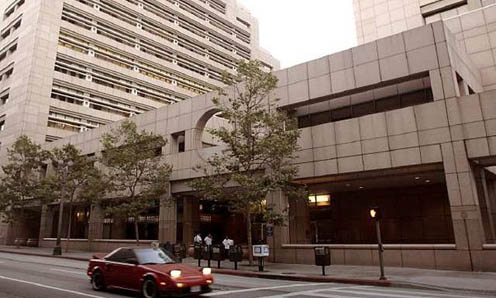
CBRE Group, Inc. ranks #4 among all outsourcing firms
CBRE Group, Inc. has announced that the company has been recognized as the #4 outsourcing services provider across all industries, and the highest-ranked real estate services company, according to the International Association of Outsourcing Professionals’ (IAOP) Global Outsourcing 100. CBRE is the first real estate services firm to break into the elite top 5 on IAOP’s list. The firm improved its ranking from #6 in 2011.










